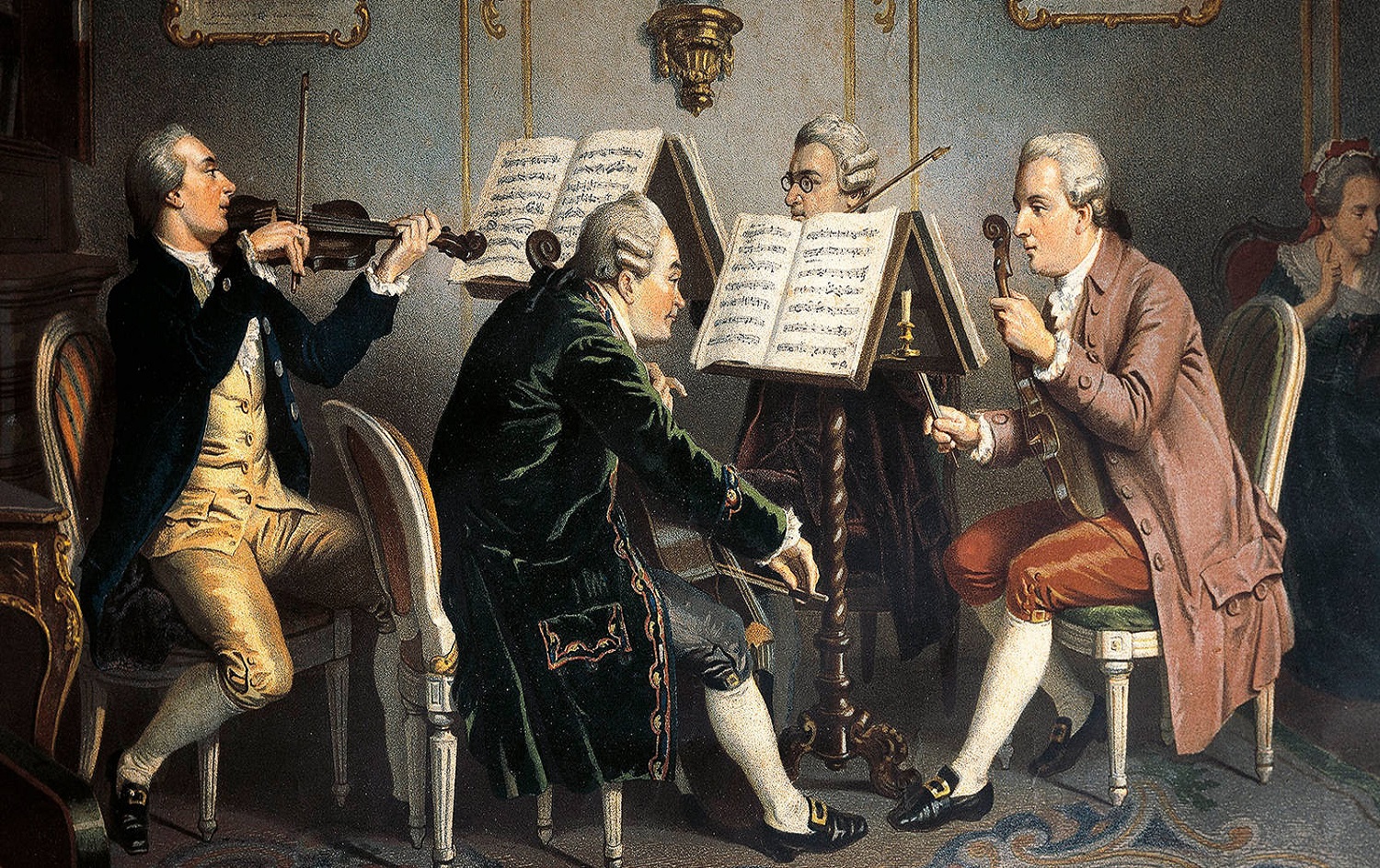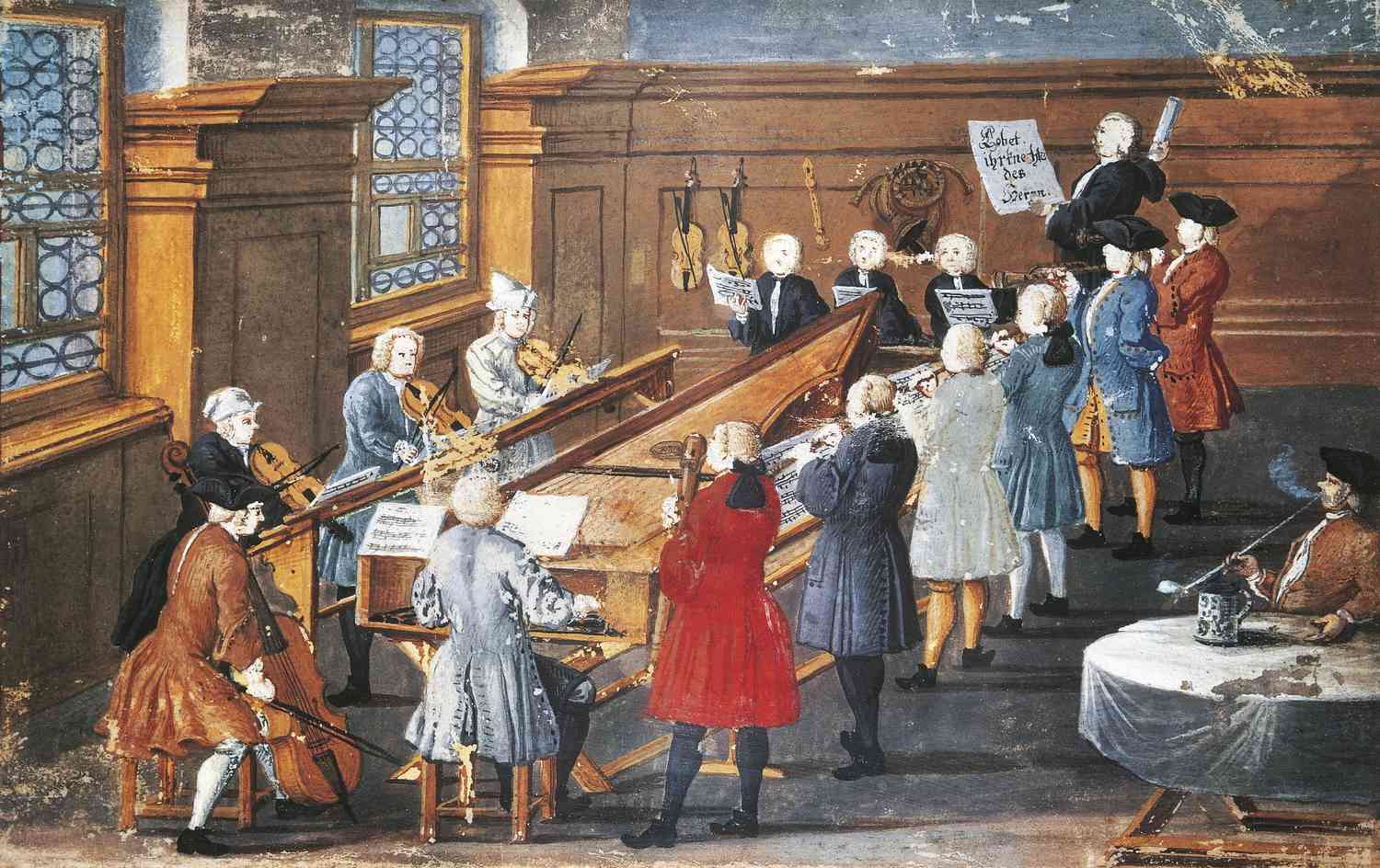About us
Top Classical Music
Top Classical Music is a project whose objective is to spread the history of classical music and baroque music. We are the biggest educational website specializing in composer biographies and music history.
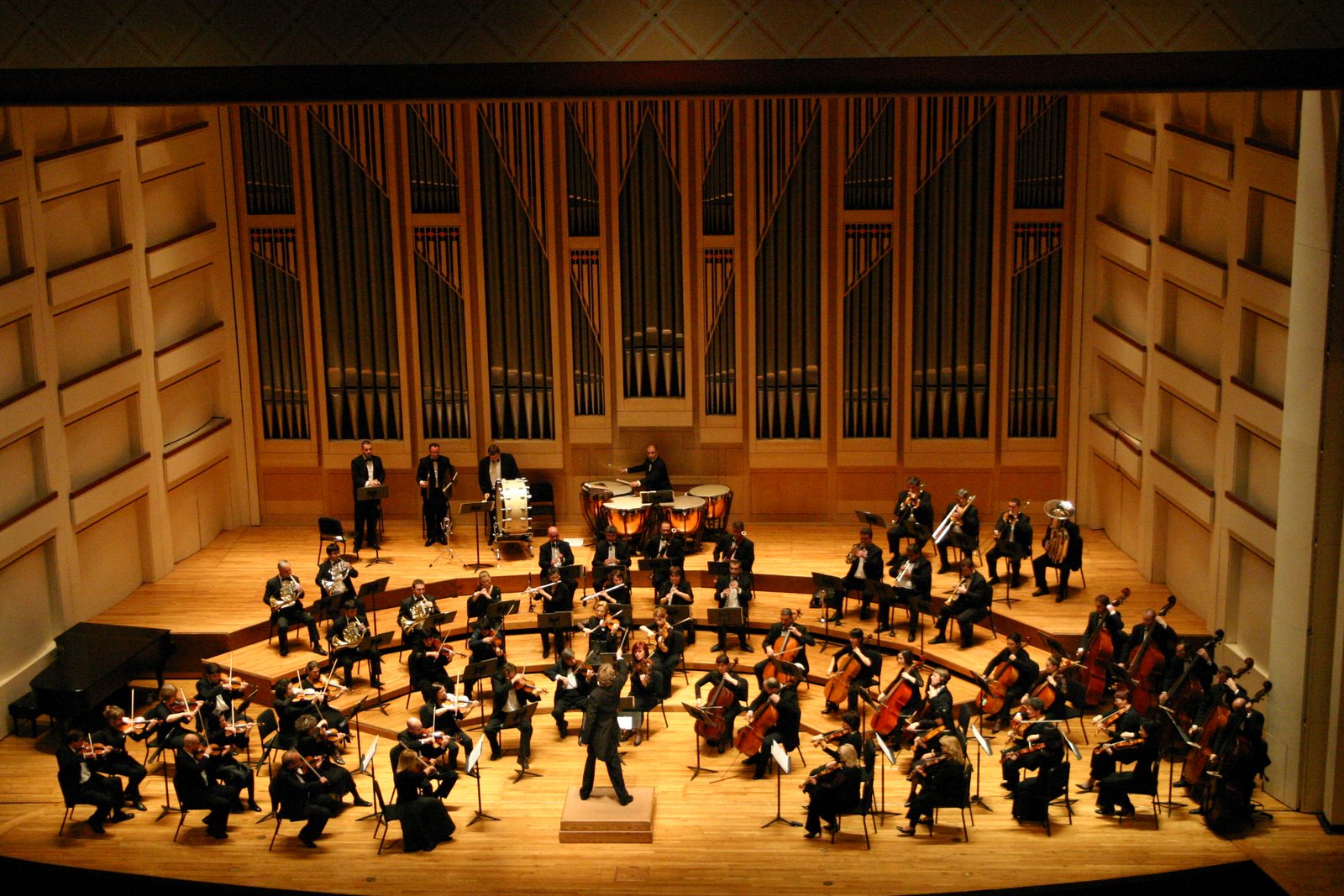
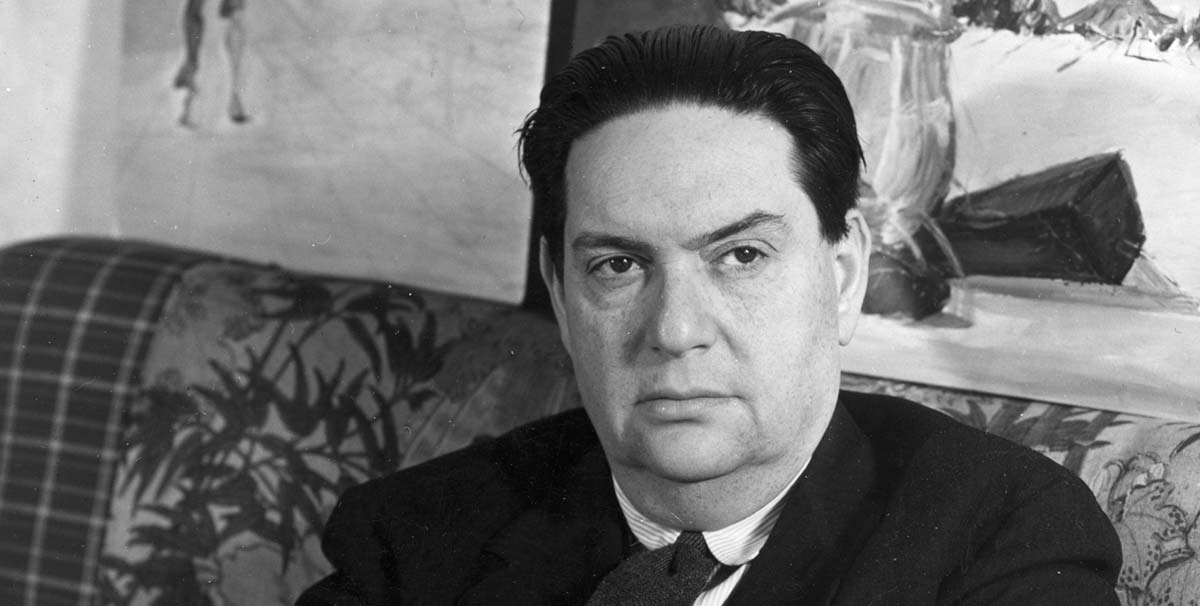
Darius Milhaud – A Complete Biography
Darius Milhaud (born September 4, 1892; died June 22, 1974) was a French composer, conductor, and teacher whose vast[…]
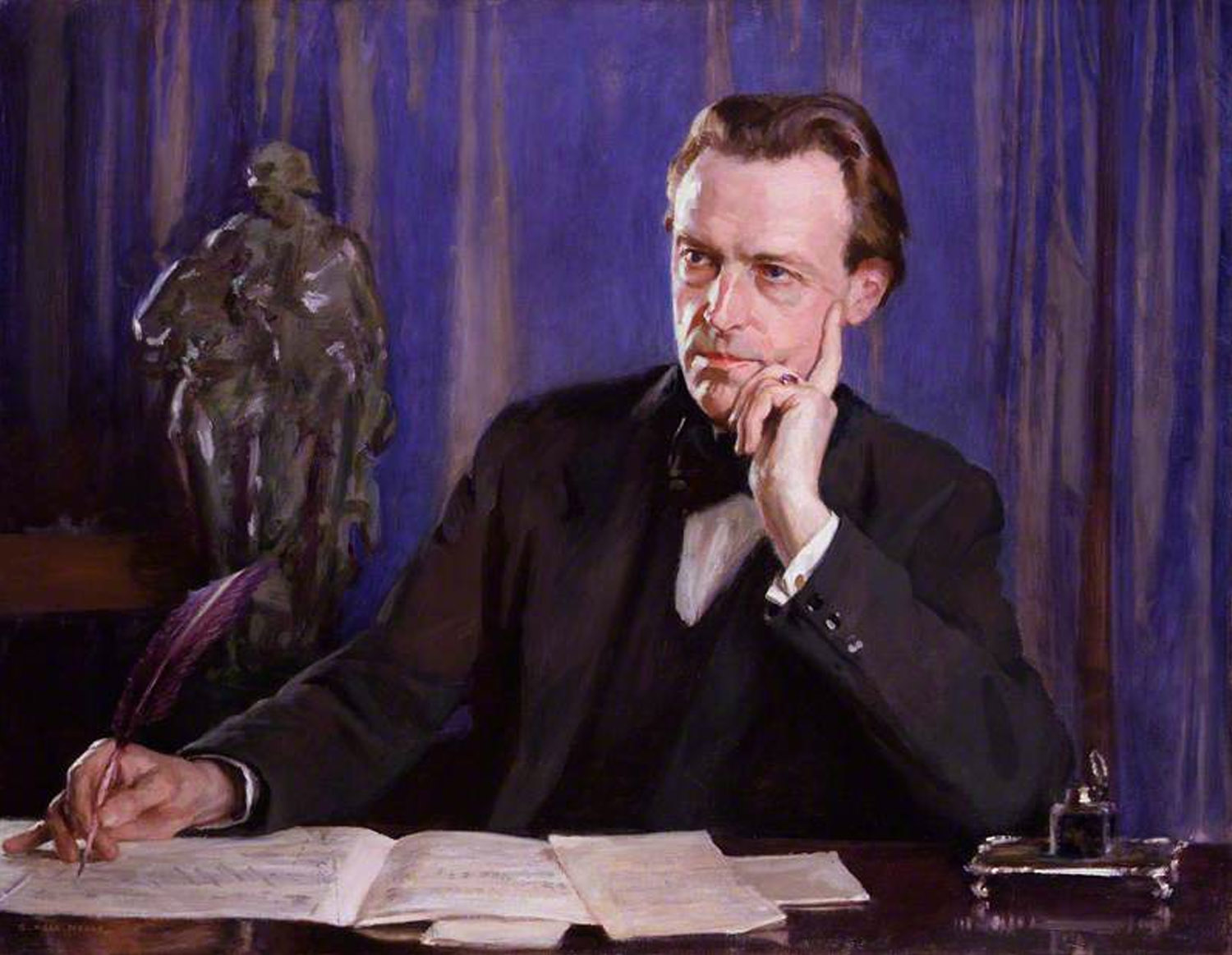
Cyril Scott – A Complete Biography
Cyril Meir Scott (27 September 1879 – 31 December 1970) was an English composer, pianist, writer and poet whose[…]
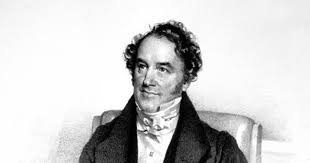
Conradin Kreutzer – A Complete Biography
Conradin Kreutzer (also spelled Kreuzer) was a German composer, conductor, and kapellmeister active in the first half of the[…]
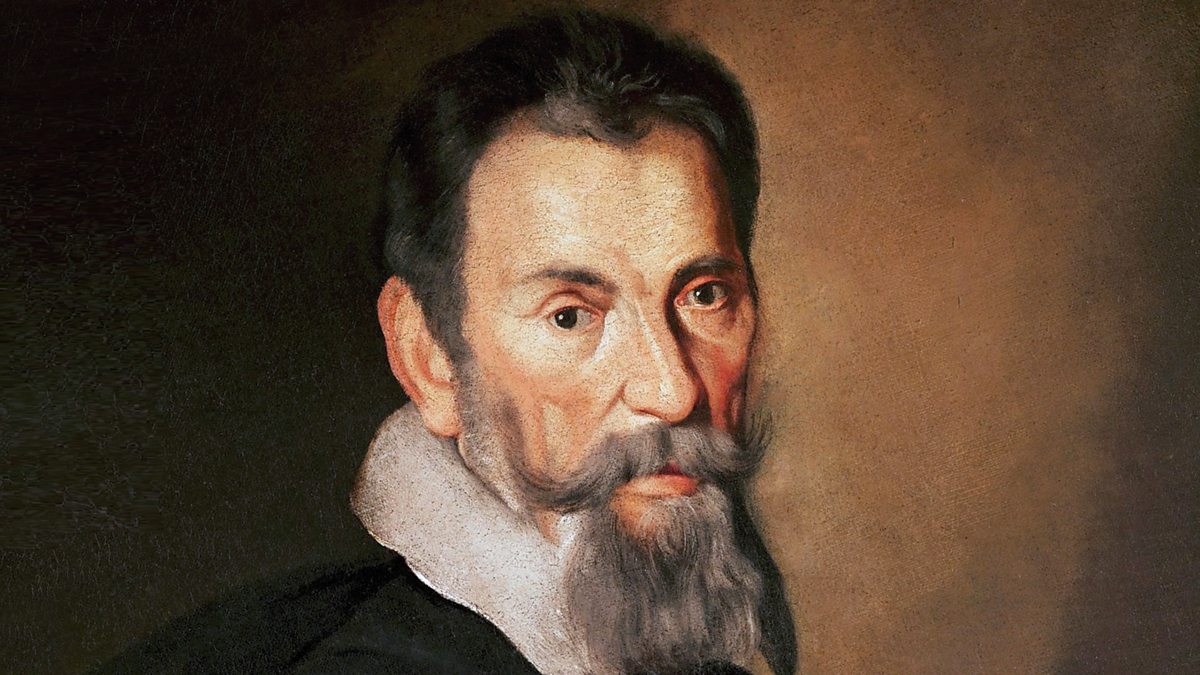
Claudio Monteverdi – A Complete Biography
Claudio Giovanni Antonio Monteverdi (baptized May 15, 1567 — November 29, 1643) stands among the pivotal figures who bridged[…]
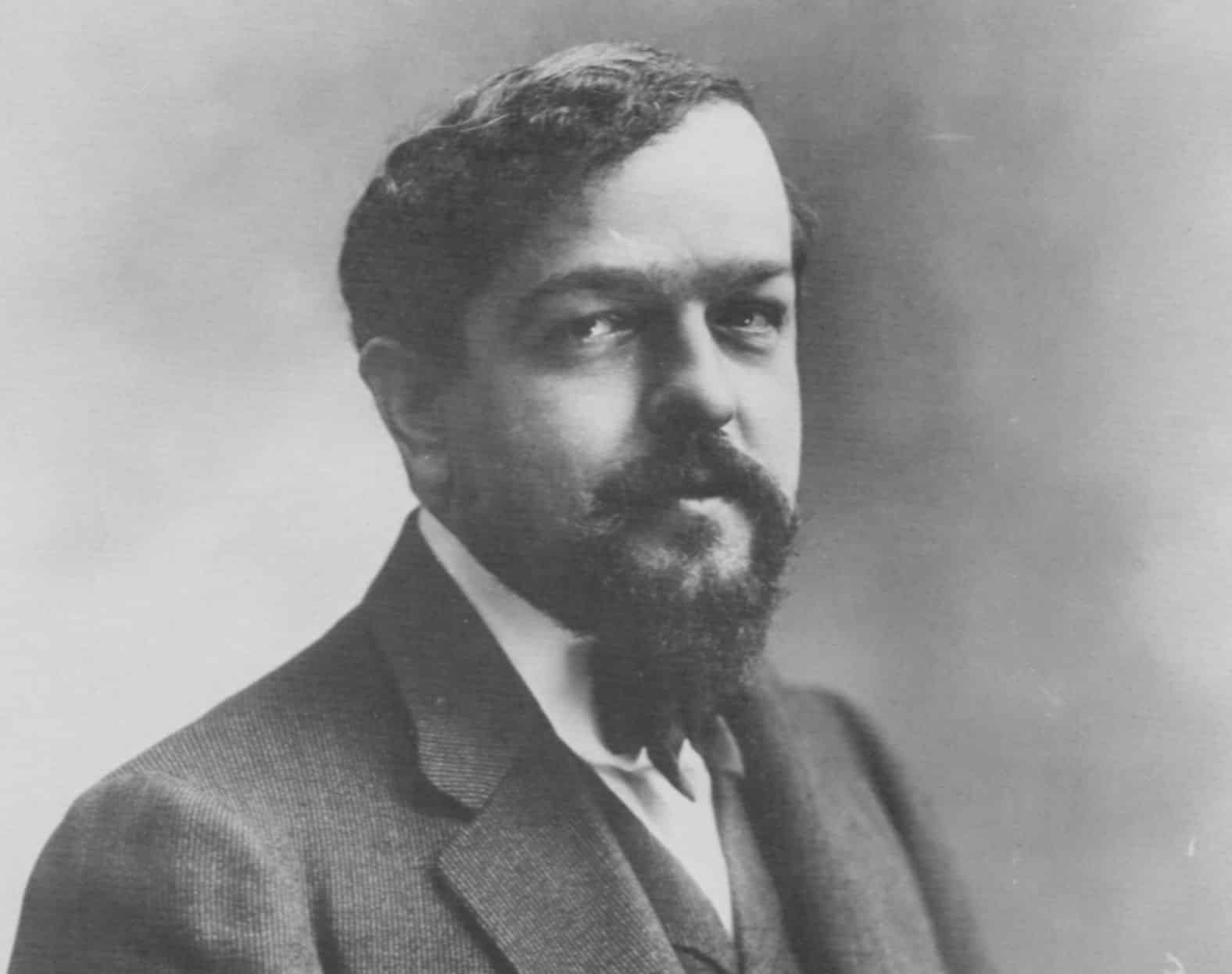
Claude Debussy – A Complete Biography
Achille-Claude Debussy (August 22, 1862 – March 25, 1918) was a French composer whose innovations in harmony, timbre, form,[…]
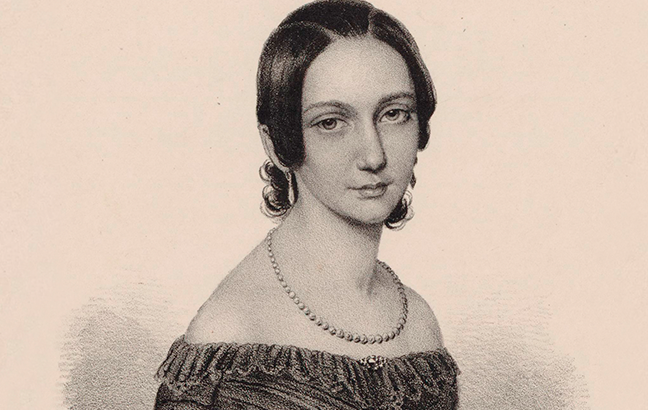
Clara Schumann – A Complete Biography
Clara Schumann (née Clara Josephine Wieck) occupies a singular place in 19th-century music history: a world-class concert pianist who[…]
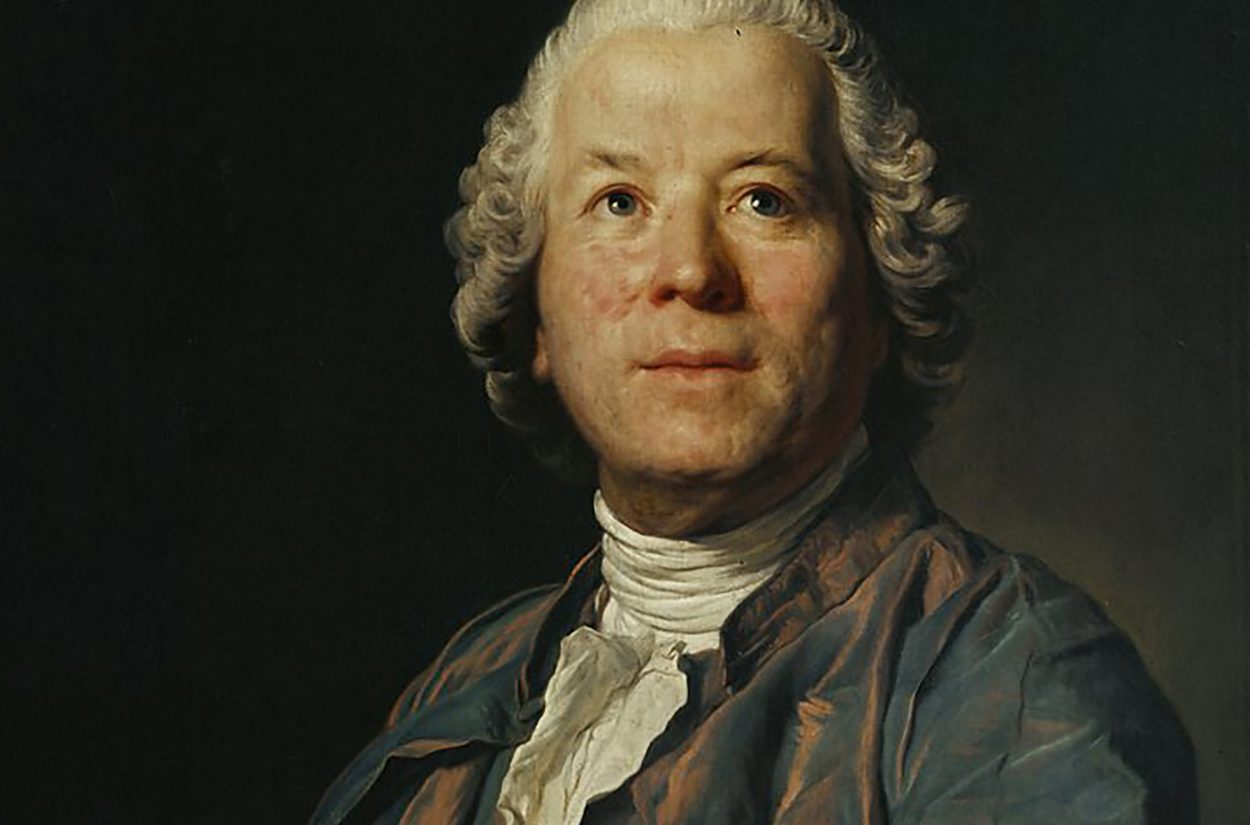
Christoph Willibald Gluck – A Complete Biography
Christoph Willibald Gluck (July 2, 1714–November 15, 1787) stands among the most consequential figures in 18th-century music—not because he[…]
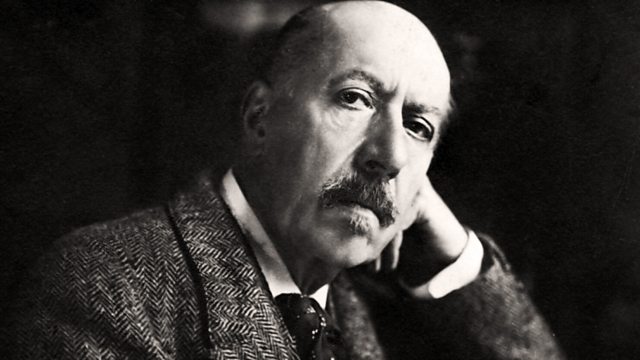
Charles-Marie Widor – A Complete Biography
Charles-Marie Widor (1844–1937) stands as one of the defining figures of the French organ tradition in the late nineteenth[…]

Charles Valentin Alkan – A Complete Biography
Charles-Valentin Alkan (born Charles-Henri-Valentin Morhange; November 30, 1813 – March 29, 1888) was a French composer and virtuoso pianist[…]
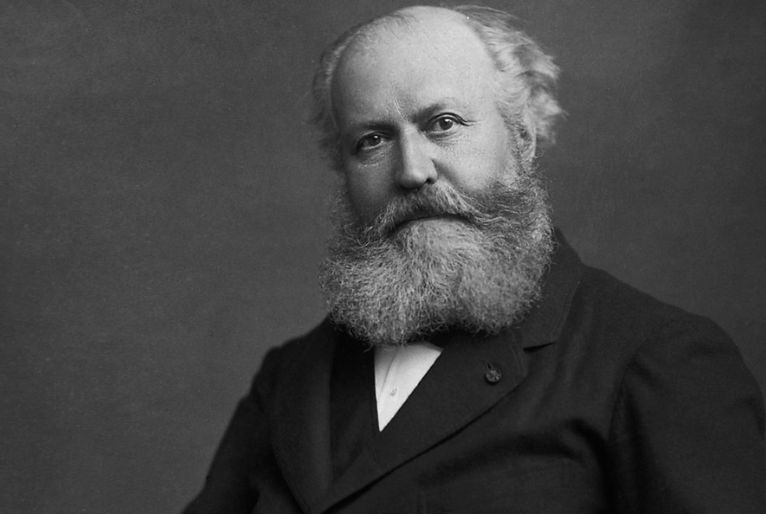
Charles Gounod – A Complete Biography
Charles-François Gounod (June 17, 1818 – October 18, 1893) was one of the most influential French composers of the[…]
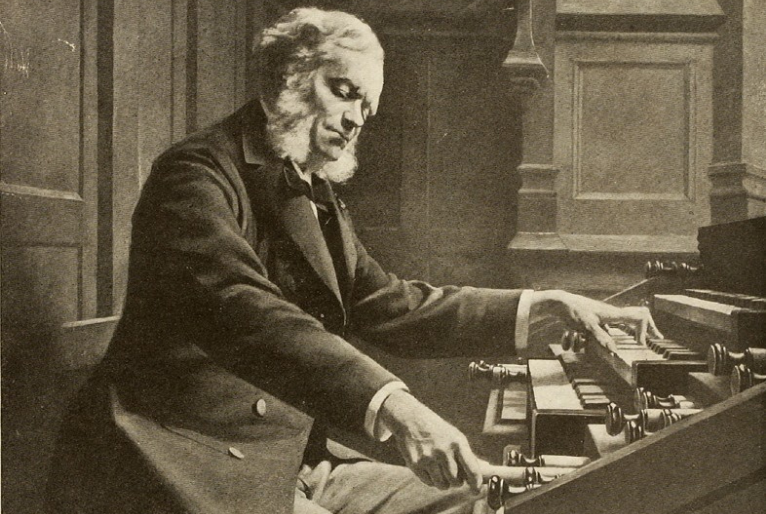
César Franck – A Complete Biography
César-Auguste-Jean-Guillaume-Hubert Franck stands as one of the most influential figures in late nineteenth-century French music. Though born in present-day[…]
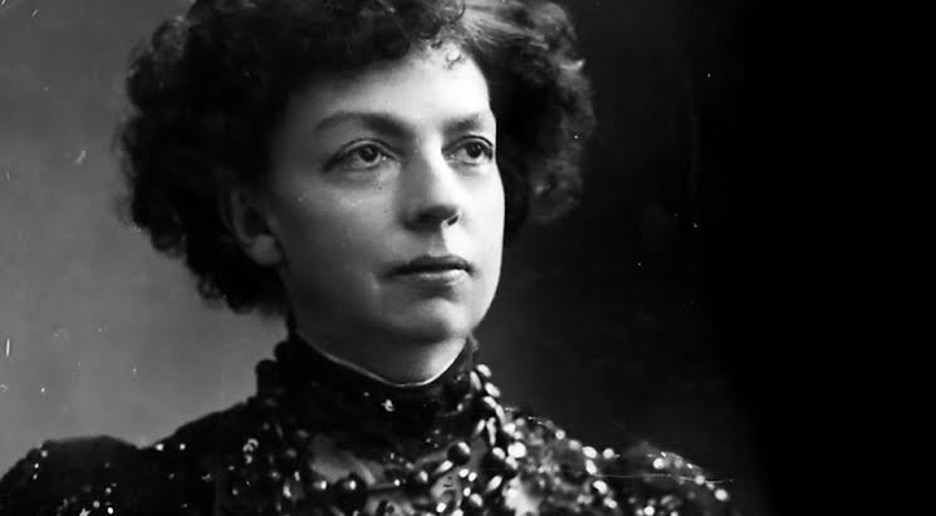
Cécile Chaminade – A Complete Biography
Cécile Louise Stéphanie Chaminade (August 8, 1857 – April 1944) was a French pianist and composer who achieved remarkable[…]

Carlo Gesualdo – A Complete Biography
Carlo Gesualdo, prince of Venosa and count of Conza (c. 1566–1613), occupies a singular place in music history: a[…]

Carl Philipp Emanuel Bach – A Complete Biography
Carl Philipp Emanuel Bach (March 8, 1714 – December 14, 1788) was one of the most influential composers of[…]
